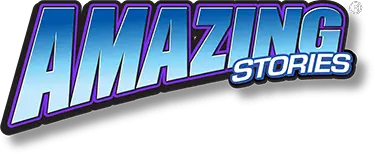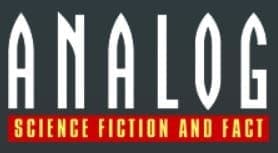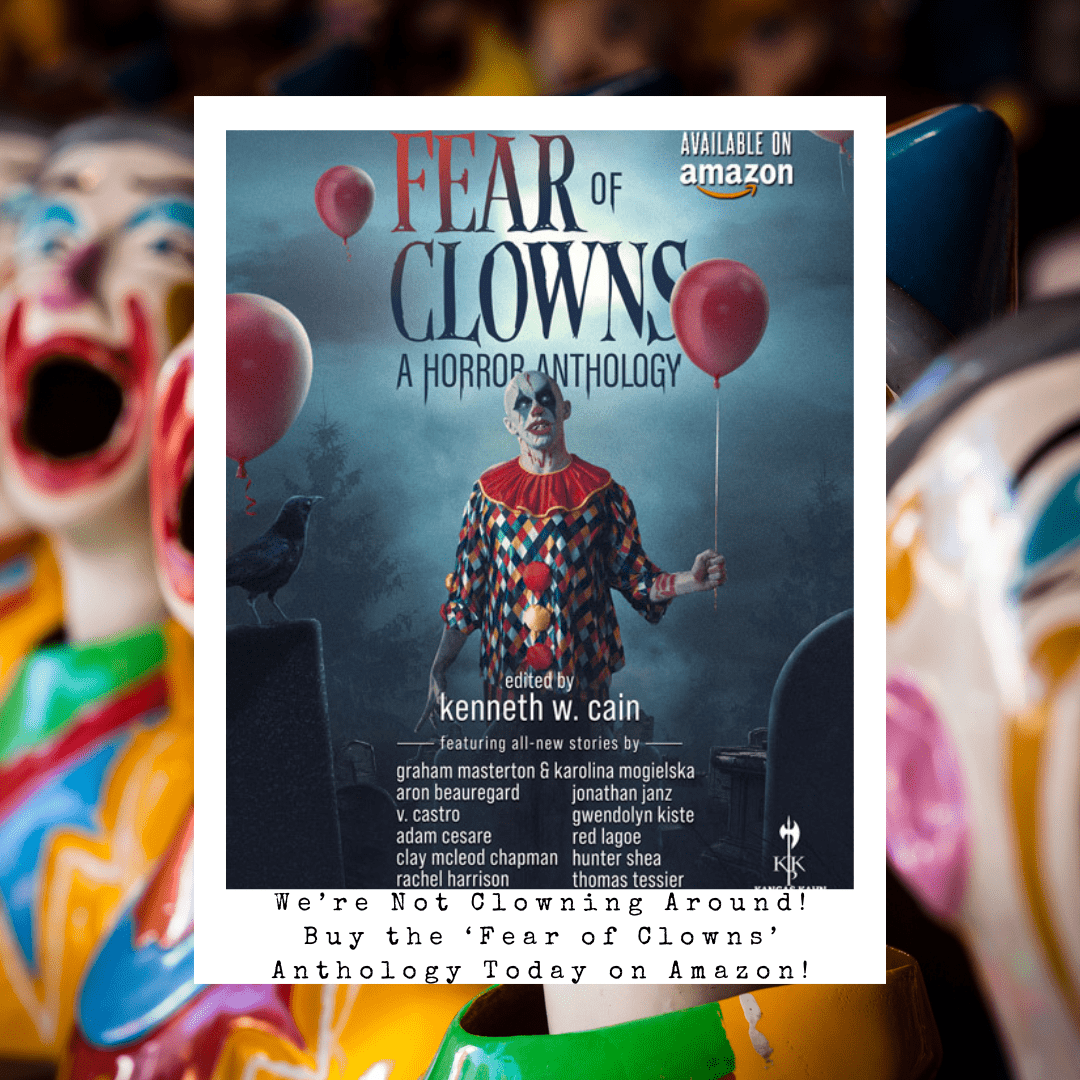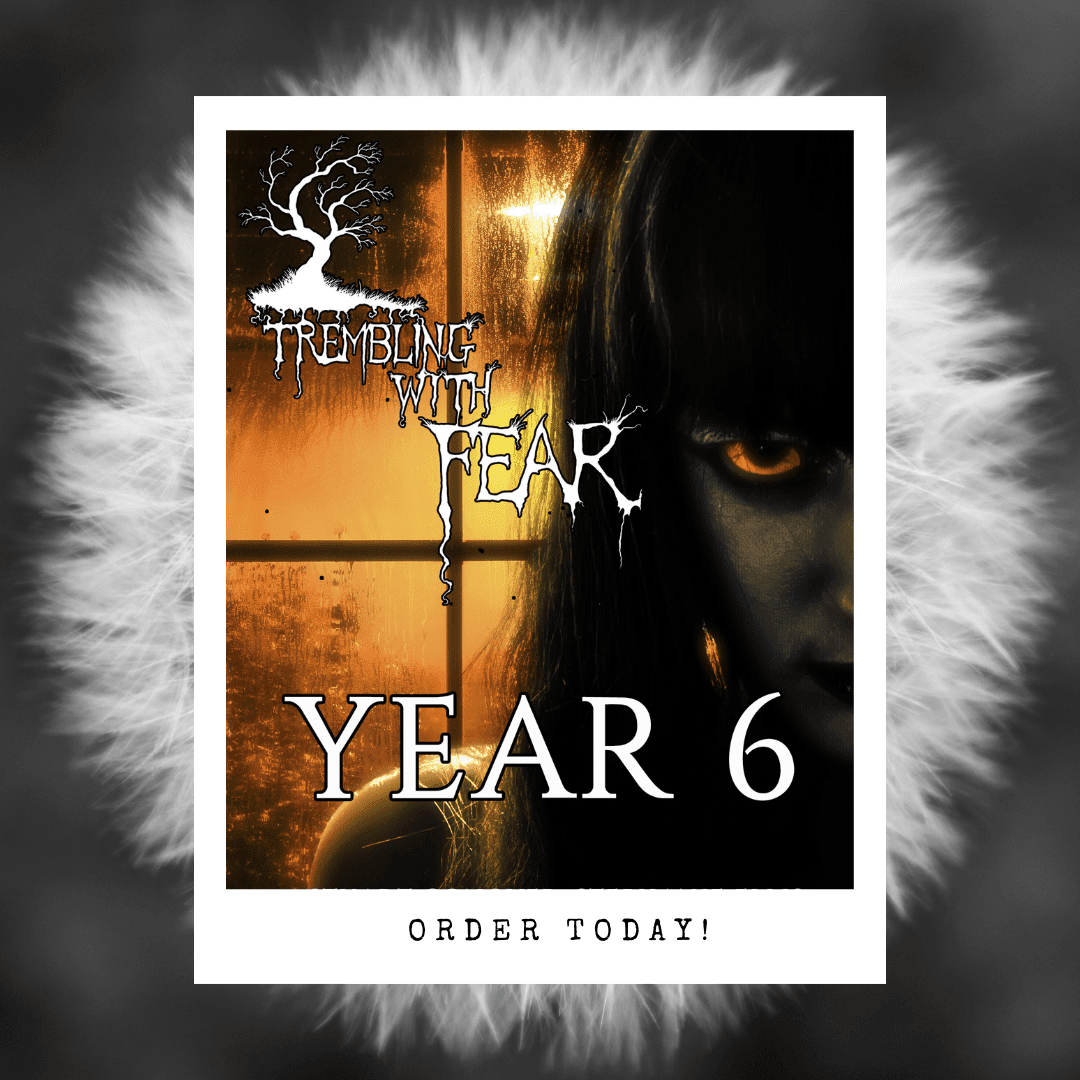
Payment: 8-10 cents per word for short fiction (up to approximately 20,000 words), 6 cents per word for serials (40,000-80,000 words), 9 cents per word for fact articles, and $1 per line for poetry.
Payment & Rights
Analog’s Science Fiction and Fact magazine is an established market for science fiction stories. Analog pays 8-10 cents per word for short fiction (up to approximately 20,000 words), 6 cents per word for serials (40,000-80,000 words), 9 cents per word for fact articles, and $1 per line for poetry. We buy First English Language serial rights plus certain non-exclusive rights explained in our contract.
Story Content
Analog will consider material submitted by any writer solely on the basis of merit. We are eager to find and develop new, capable writers.
We have no hard-and-fast editorial guidelines, because science fiction is such a broad field that I don’t want to inhibit a new writer’s thinking by imposing Thou Shalt Nots. Besides, a great story can make an editor swallow his preconceived taboos.
We publish science fiction stories in which some aspect of future science or technology is so integral to the plot that, if that aspect were removed, the story would collapse. Try to picture Mary Shelley’s Frankenstein without the science and you’ll see what I mean. No story!
The science can be physical, sociological, psychological. The technology can be anything from electronic engineering to biogenetic engineering. But the stories must be strong and realistic, with believable people (who needn’t be human) doing believable things–no matter how fantastic the background might be.
Fact Articles
Fact articles should be about 4,000 words in length and should deal with subjects of not only current but also future interest, i.e., topics at the present frontiers of research whose likely future developments have implications of wide interest. Necessary images should be provided by the author in camera-ready form.
Our readers are very intelligent and technically knowledgeable but represent a very wide diversity of backgrounds. Thus specialized jargon and mathematical detail should be kept to a necessary minimum. Our audience largely reads us for entertainment, and a suitable style for our articles is considerably more informal than many professional journals.
Electronic Submission and Manuscript Format
Analog uses an online submissions system—we do not accept email submissions. Please see Manuscript Guidelines for information about paper submissions.
Our online submissions form for fiction asks for your name, email address, cover letter, story title, and story. Your cover letter should contain the length of your story, your publishing history, and any other relevant information (e.g., if you send us a story about a medical disaster and you happen to be an emergency room nurse, mention that). We ask for the same information for poetry. Please include up to six poems in one submission for poetry, and wait until you have heard back on those before sending us more.
All stories and poems should be in standard manuscript format and can be submitted in .DOC format. For information about standard formatting, see William Shunn’s guide to Proper Manuscript Format. After you have submitted your work, a tracking number will be displayed and an automated email confirmation containing this information will be sent to you. If you have not received this email within twenty-four hours, please notify us by email. Your tracking number will allow you to monitor the status of your submission through our website, so please don’t lose it. NOTE: Email providers occasionally treat our email as spam.
Manual Submission and Manuscript Format
We strongly prefer that submissions be made through our electronic submission system at analog.magazinesubmissions.com.
If you must submit hardcopy, manuscripts must be computer-printed, double-spaced, on white paper, one side of the sheet only. Please avoid unusual or very small typefaces. Indent paragraphs but do not leave extra space between them. Please do not put manuscripts in binders or folders. We do not accept e-mail or fax submissions.
Author’s name and address should be on the first page of the manuscript. No material submitted can be returned or acknowledged unless accompanied by a stamped and addressed envelope (not a postcard). No simultaneous submissions, please.
Other Information
For serials, include a detailed synopsis and any prior publishing commitments with your submission. A complete manuscript is strongly preferred for all shorter lengths.
Payment is on acceptance.
Reply Process
Our average response time runs about two to three months. If you have not heard from us in four months, you can query us about the submission at [email protected]. Thanks for your interest in Analog and good luck!
Our Editorial Address
Dell Magazines
Trevor Quachri, Editor
44 Wall Street, Suite 904
New York, NY 10005-2401
E-mail: [email protected]
Art Guidelines
What We’re Looking For
We are interested in professional-level, mostly realistic work. Photographs are not normally used, but artists illustrating for us have worked with photos, using surreal effects.
The illustration must be able to visually interpret the story in such a way that it accurately represents the story, hooks the reader, and doesn’t give away the ending. Our stories contain a wide range of subject matter that that you must have the ability to draw. We like to see the capacity to illustrate an entire scene: one that not only has a character or characters, but also has a detailed background. You must know anatomy, perspective, balance, and figure proportions. We are not a comic book company, so please don’t send samples of comics pages.
What to Send
Send four to six samples of your best work. Do not send us your originals. Send only copies. They can be photocopies, stats, slides, transparencies, or tearsheets.
For either black and white interiors or color covers, you can use any medium. Many of our artists use pencil, pen & ink, airbrush, watercolor, scratchboard, etc. Electronic files are acceptable as long as it is in Mac format, eps or tiff, but please send a disk – DO NOT E-MAIL THE FILES!
Please include a self-addressed stamped, business-sized envelope for a response, or a large one if you want your samples returned to you.
Payment
$1,200.00 for color cover art.
$125.00 for black and white interiors.
Our Address
Dell Magazines
c/o Victoria Green
Analog Science Fiction and Fact,
44 Wall Street, Suite 904
New York, NY 10005-2401
For sample copies, send a SASE and a check or money order in the amount of $5.00 for each copy to the editorial department at the same address
Via: Analog.



![[ ] [ ]](http://futurefire.net/images/fic-email.gif) ) as an attachment. We prefer .doc, .docx, .rtf or .odt files (query first for any other format). Please use a common, easy-to-read font such as Times New Roman/Palatino and use no other formatting than italics. Do not include your name anywhere in the document. We read and make all decisions based upon anonymised submissions.
) as an attachment. We prefer .doc, .docx, .rtf or .odt files (query first for any other format). Please use a common, easy-to-read font such as Times New Roman/Palatino and use no other formatting than italics. Do not include your name anywhere in the document. We read and make all decisions based upon anonymised submissions.












